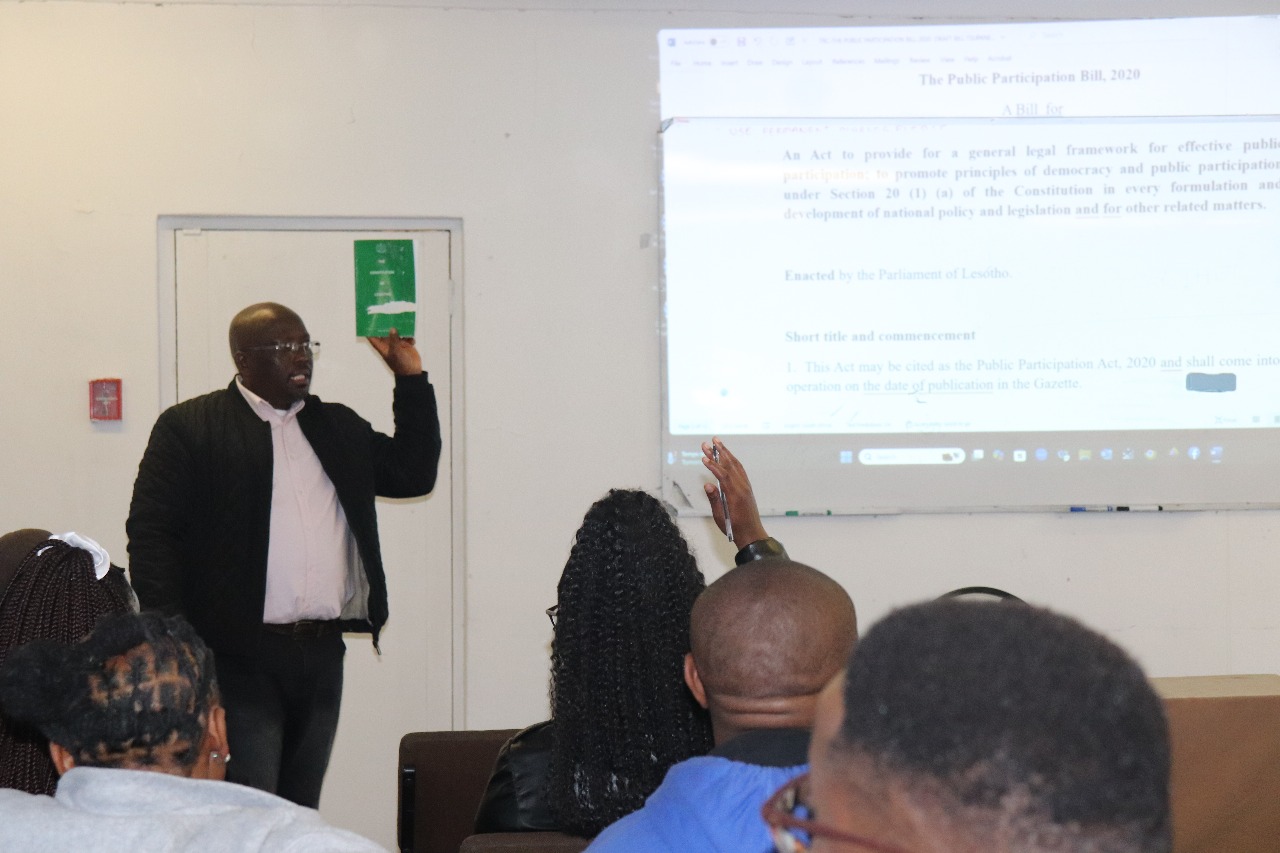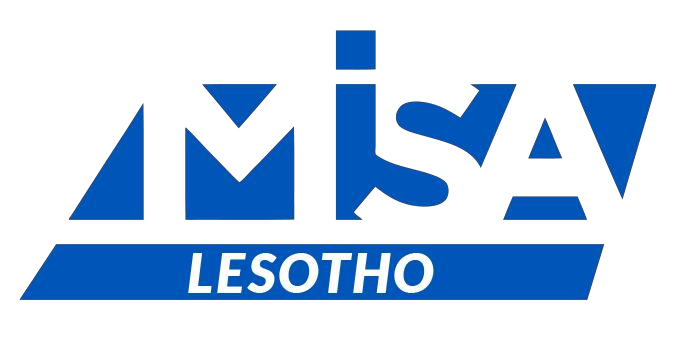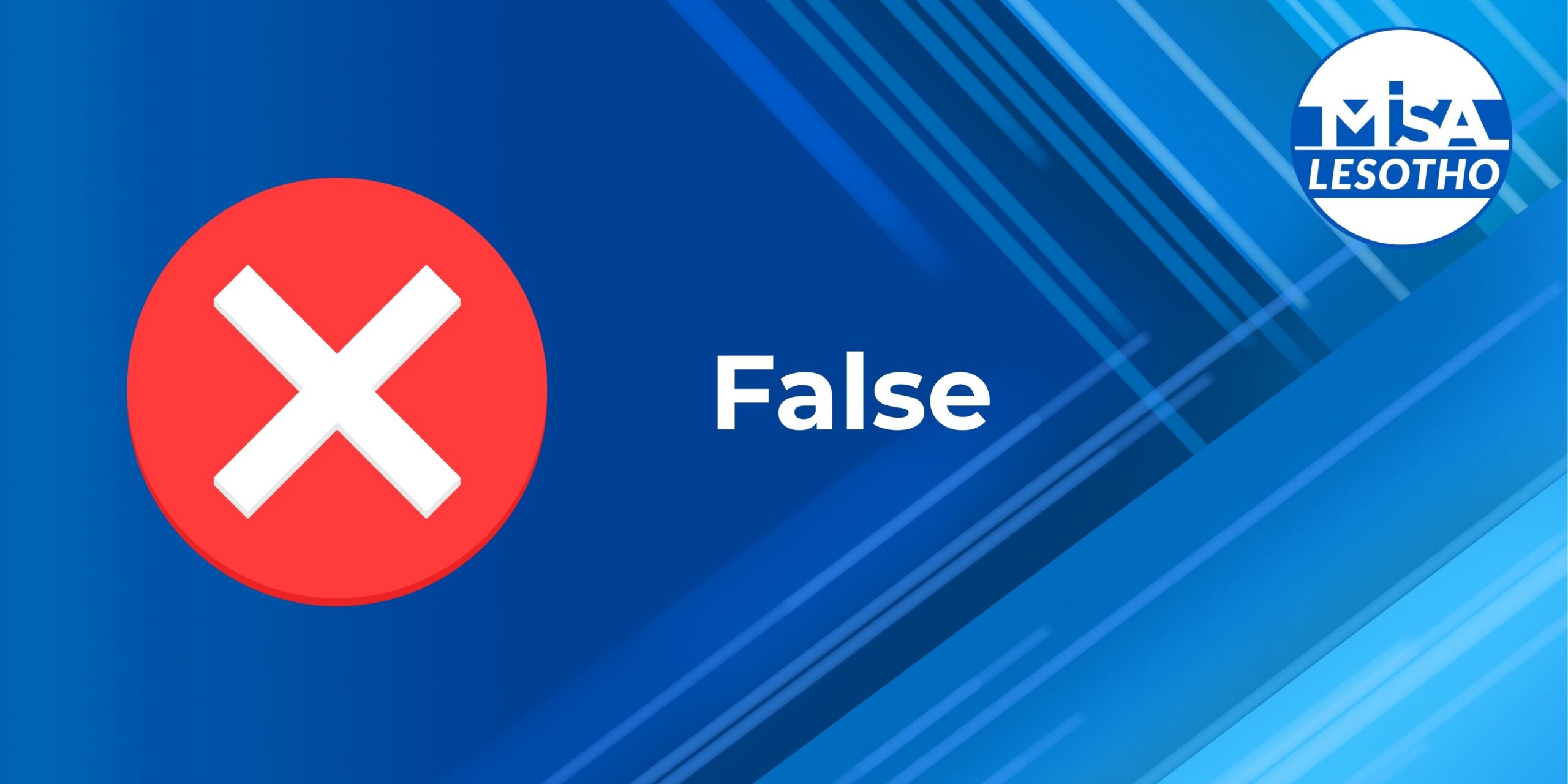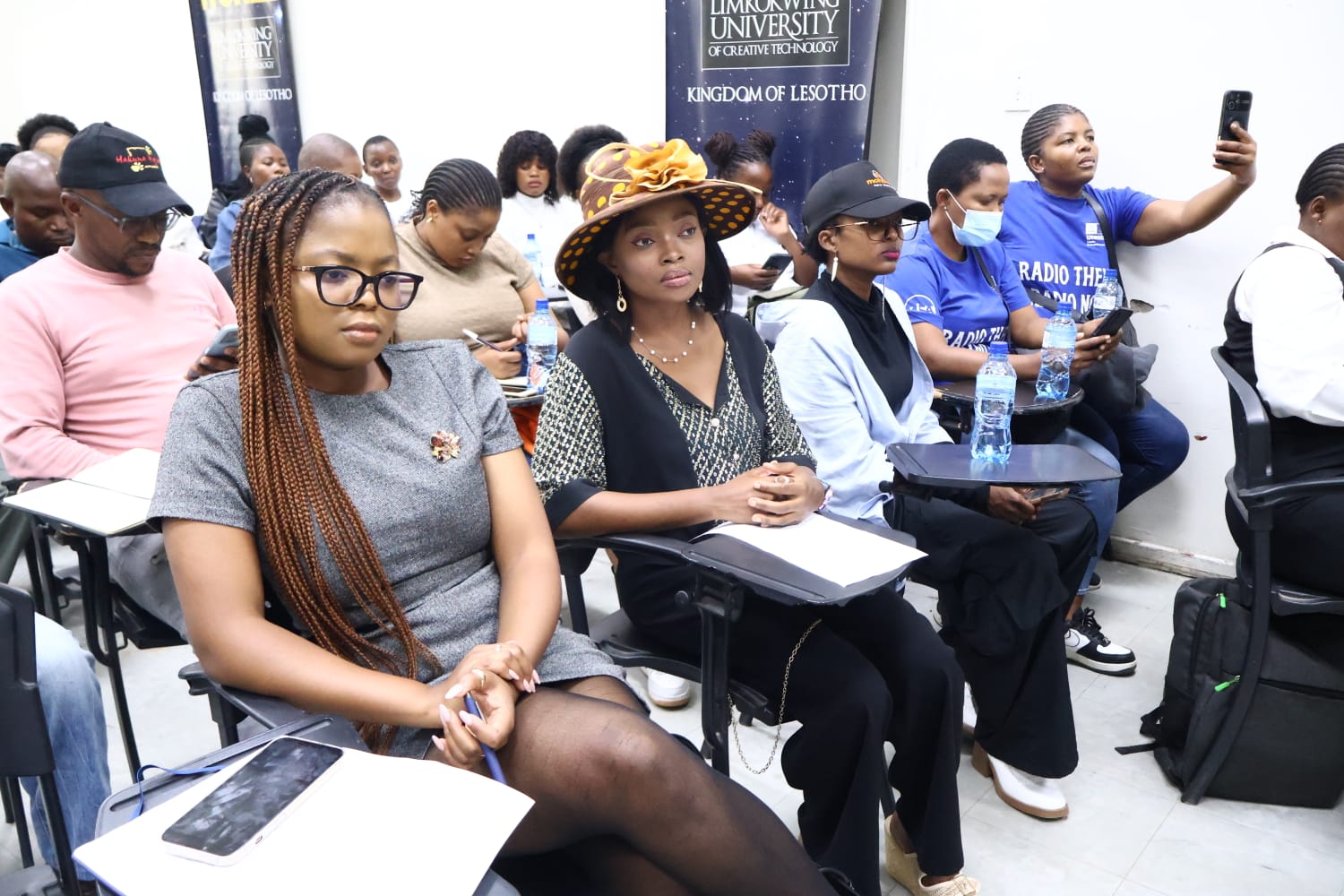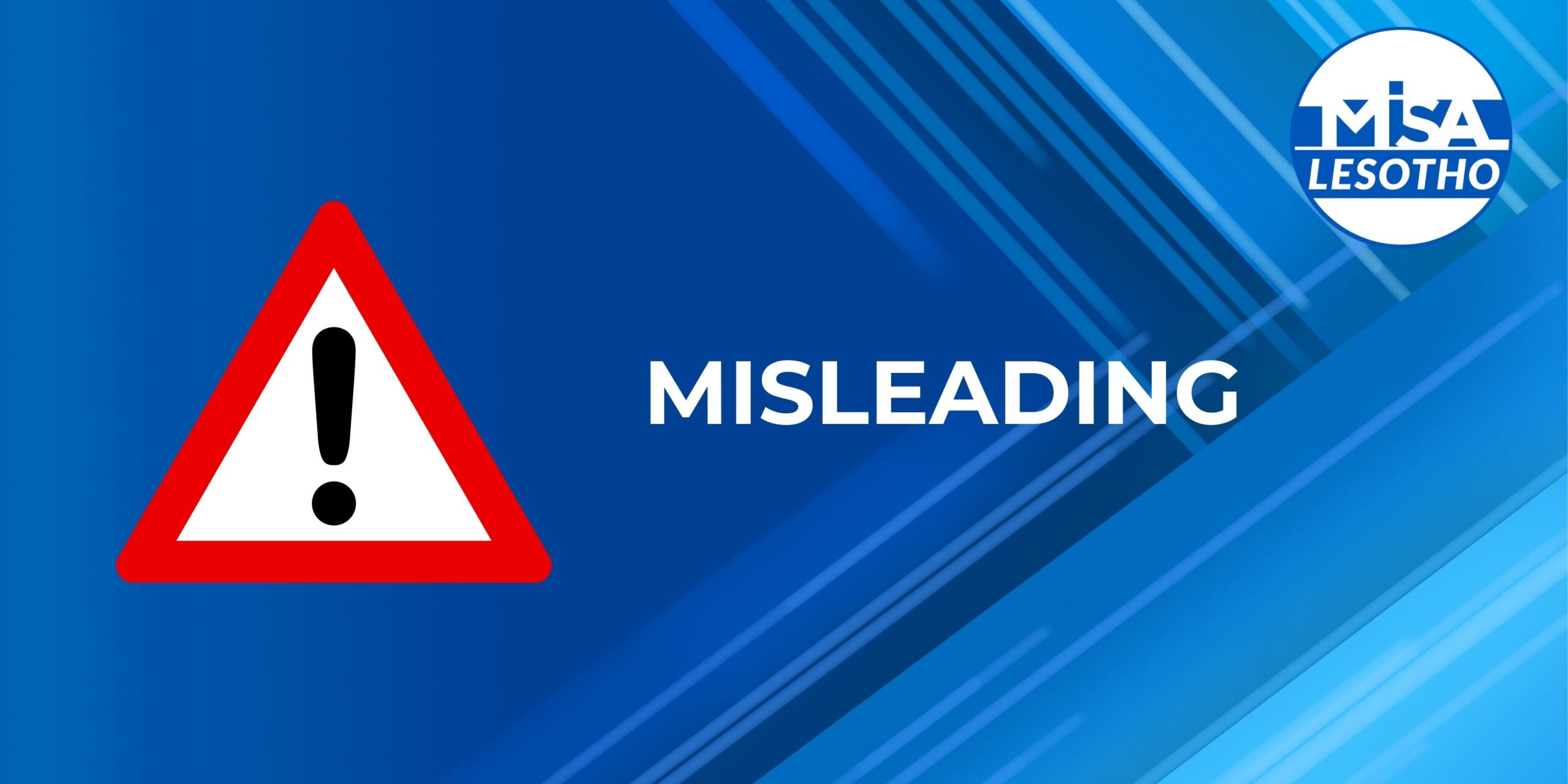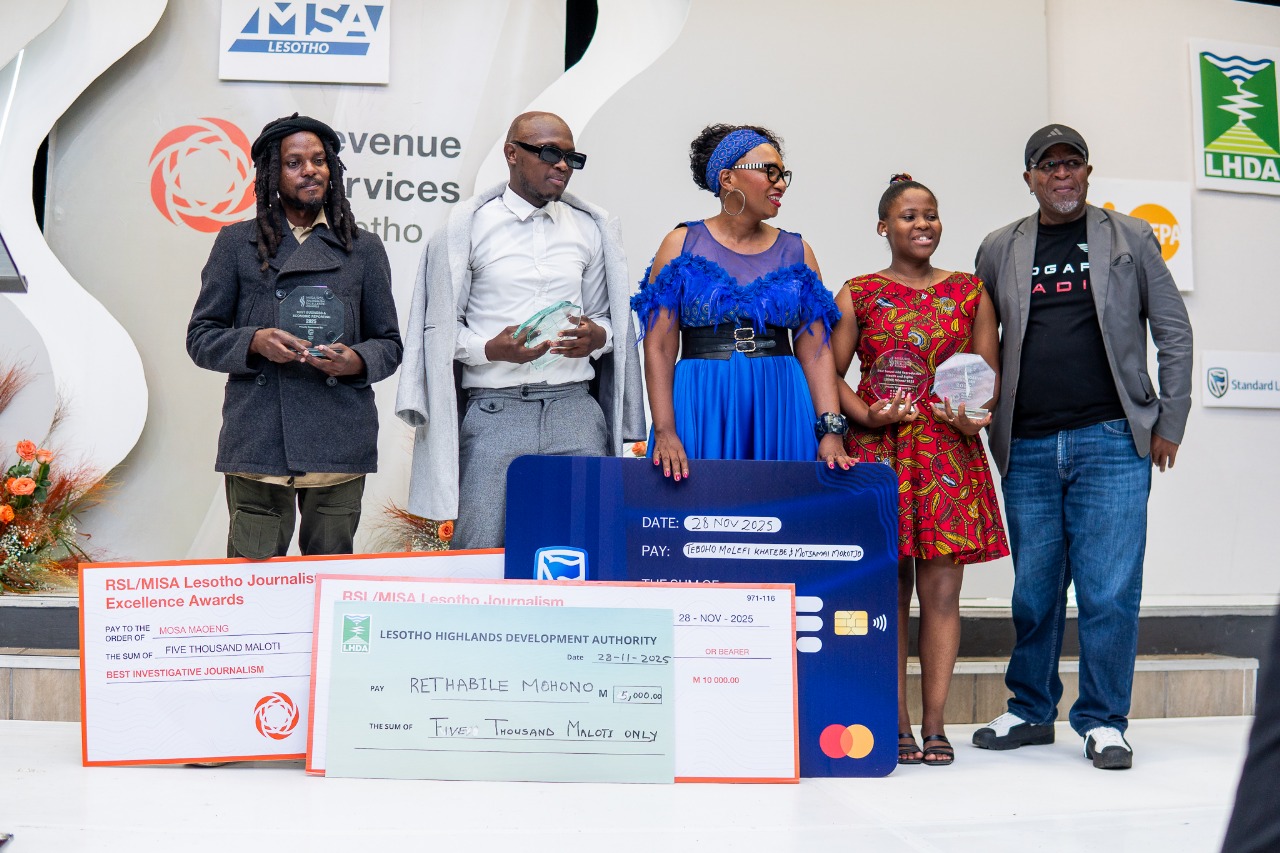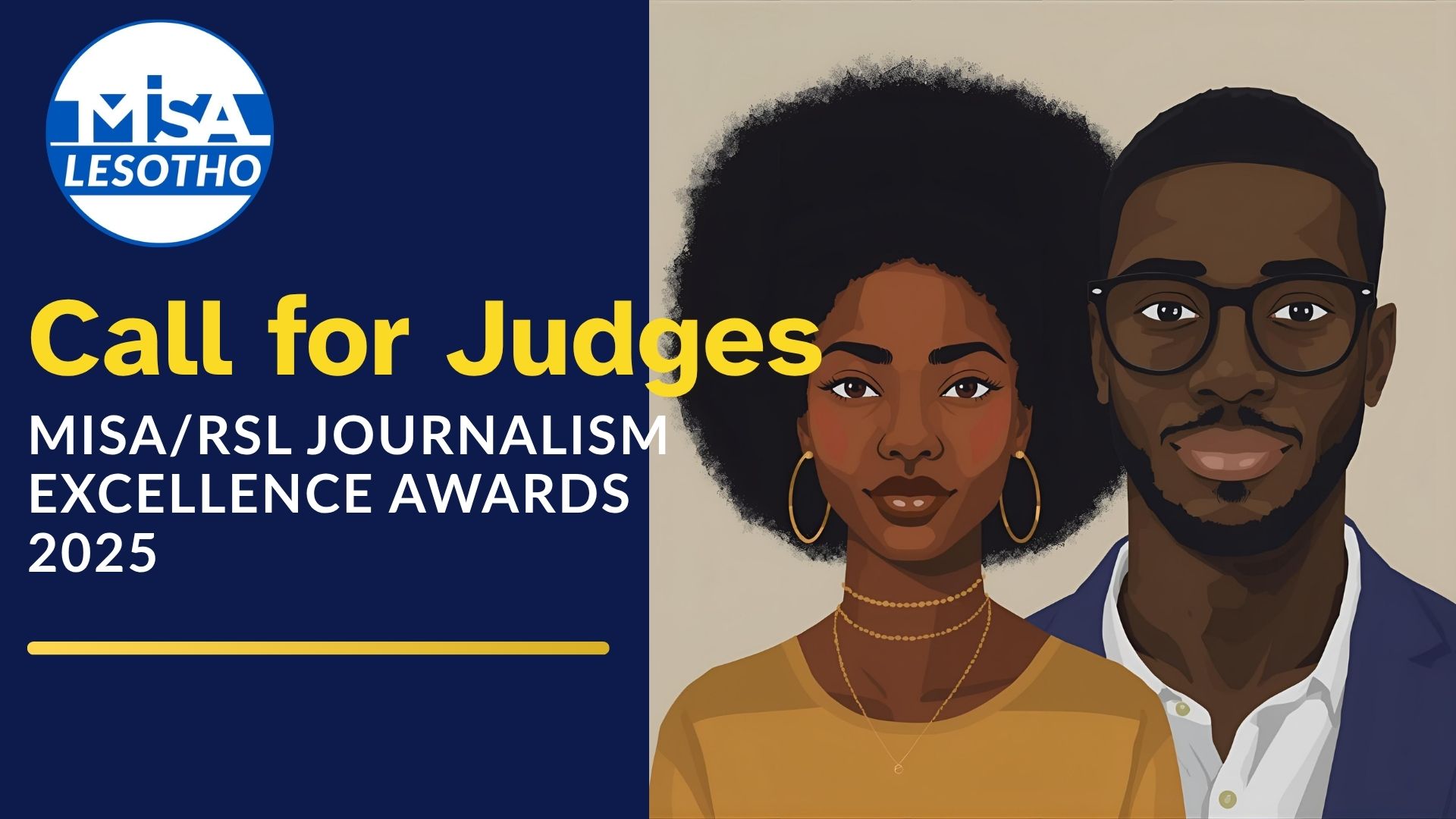Nicole Tau
Maseru, 20 May 2025 – In a landmark event at the Transformation Resource Centre (TRC) Hall, civil society organisations, government officials, and media representatives convened to engage with a Private Member’s Bill that promises to reshape the democratic landscape of Lesotho.
The event, hosted by TRC, featured a Member of Parliament, Mokhothu Makhalanyane, the MP for Mokhethoaneng, who has been granted leave to introduce the Public Participation Bill, 2020. This Bill seeks to establish a legal framework to ensure that Basotho are not only informed about decisions that affect them, but are actively involved in making them.
Present at the event amongst others were The Law Society of Lesotho, Development for Peace Education (DPE) and Female In Africa Lesotho (FIA). MISA Lesotho as well attended as a key stakeholder, reinforcing its commitment to advancing democratic governance and citizen access to information. The Bill aims to make public participation a standard requirement in policymaking processes across ministries, local authorities, and even civil society organisations.
According to the Bill, public participation will be structured around defined practices such as public hearings, discussions, and consultations. These processes will ensure that public opinion is considered in legislative and policy formulation, promoting inclusivity, transparency, and sustainable development.
Key provisions in the Bill included equitable access to policy-related information for all participants, a requirement that communities and individuals affected by proposed decisions be meaningfully consulted as well as the development of feedback mechanisms so participants are aware of how their input has influenced decisions.
This marks a paradigm shift in governance, a move away from top-down decision-making toward a participatory democracy where citizens play an active role.
“This Bill is a glimmer of hope for the public that has always wanted to be part of decisions that affect them, but haven’t always known how,” one attendee commented.
The floor was opened to stakeholders to contribute insights that could inform the Bill’s final draft. Civic leaders, activists, and representatives from marginalised groups shared perspectives on how public engagement processes could be strengthened.
Some called for inclusivity, saying that the bill must ensure that people in rural areas, youth, and underrepresented communities are not left out.
While others stressed the need for civic education to complement the Bill, so that citizens know their rights and the mechanisms available to them.
At the event, TRC and MISA Lesotho echoed the importance of clear communication and public access to accurate, timely information. In many cases, public exclusion results not from unwillingness, but from a lack of access to the right information at the right time.
According to Afrobarometer’s findings (2023), only 31% of Basotho feel that their elected leaders “listen to ordinary citizens”. This Bill directly addresses that democratic deficit by placing citizen input at the heart of legislative and policy processes.
If enacted, the Public Participation Act could help restore public trust in democratic institutions and provide a legal recourse for citizens and civil society to demand meaningful consultation.
As the Bill moves through consultation and drafting stages, stakeholders have been encouraged to continue participating in shaping its final form. MISA Lesotho will remain actively engaged, advocating for a version of the law that guarantees press freedom, access to information, and inclusive civic dialogue.
The road to inclusive governance may still be long, but the introduction of this Bill marks a critical turning point. It’s a reminder that democracy is not just about voting, it’s about dialogue, participation, and shared accountability.




